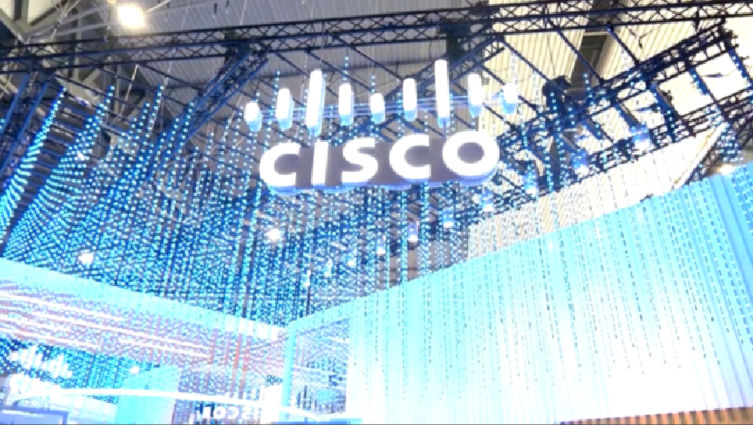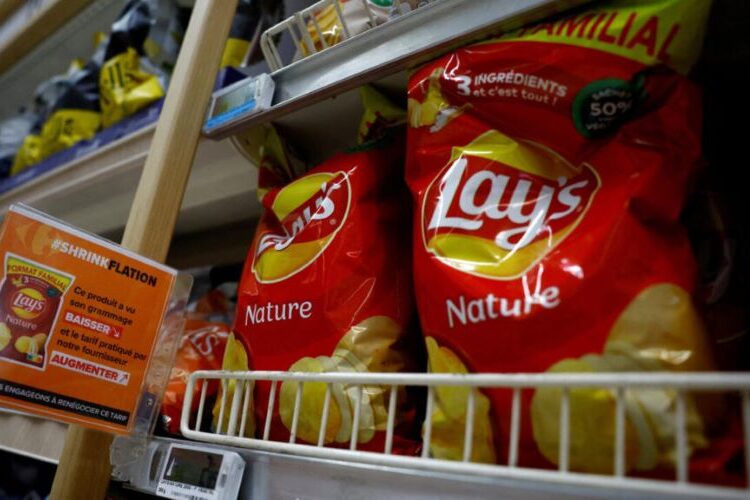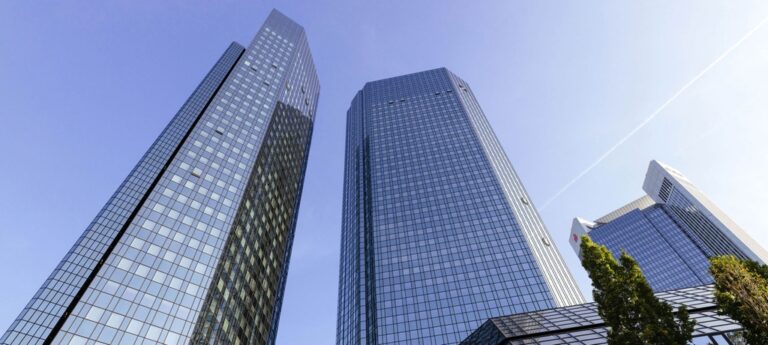Cisco Systems is set to buy cybersecurity firm Splunk in a deal worth $28 billion, the company said Thursday. This will be Cisco’s biggest-ever purchase and its fifth acquisition of 2023.
Cisco CEO Chuck Robbins expressed the rationale behind the company’s latest push into AI and software security space this year.
“Our combined capabilities will drive the next generation of AI-enabled security and observability,” he said. “From threat detection and response to threat prediction and prevention, we will help make organizations of all sizes more secure and resilient.”
The deal will also help Cisco expand its software and services business enabling the company to rely less on its traditional networking hardware. Cisco ended fiscal 2023 with Q4 revenue at $15.2 billion, up 16% year over year. The next step for the company is innovating in key areas like AI, security, and cloud.
Cisco remains the largest maker of computer networking equipment and has recently been strengthening its cybersecurity business to meet customer demands. Splunk’s capabilities in the Artificial Intelligence (AI) space will become an integral part of Cisco’s efforts to provide leading security analytics and coverage.
Splunk first rose to prominence in 2020 when companies worldwide moved towards remote work and invested heavily in cybersecurity technology. However, the company’s stock has been falling since then and even reported a $278 million loss during its last fiscal year, according to Forbes.
Cisco is still betting large on AI-powered growth and also made an effort to buy Splunk last year. The news of a potential deal was reported by the Wall Street Journal before the talks broke down. Cisco waited another year, and the move has finally materialized.
Cisco has agreed to pay $157 per share in cash to acquire Splunk, which is 30% higher than Splunk’s share price today but also 30% lower than Splunk’s all-time high of $223 in September 2020.
The deal represents 13% of Cisco’s market cap on Friday, a massive number compared to the company’s deals in the past. Before acquiring Splunk, Cisco’s biggest-ever purchase was the $6.9 billion acquisition of telecommunications company Scientific Atlanta in 2006. At the time, Cisco’s market cap was close to $100 billion.
The deal won approval from the boards of both companies and is expected to close by the third quarter of 2024. It still needs approval from Splunk shareholders. If Cisco walks away from the deal or if it is blocked by regulators, Cisco will pay Splunk $1.48 billion. If the deal falls through on Splunk’s end, it is bound to pay a $1 billion termination fee to Cisco.
The news of the deal had a contrasting impact on the shares of the two companies. Splunk shares were boosted up to 21%, while Cisco shares were down by 4% on Friday.
Cisco has acquired or plans to acquire 10 companies this year with five focused on security. It has already closed deals with threat detection platform Amorblox; identity management platform Oort; Valtix and Lightspin, both of which work on cloud security.












